If tree fruit growers each had to individually track the myriad changes in the political and regulatory landscape, the time needed would be vast — a new U.S. president who has upended usual political practices, a Russian ban on produce from the U.S. and European Union, and new food safety regulations, just to name a few.
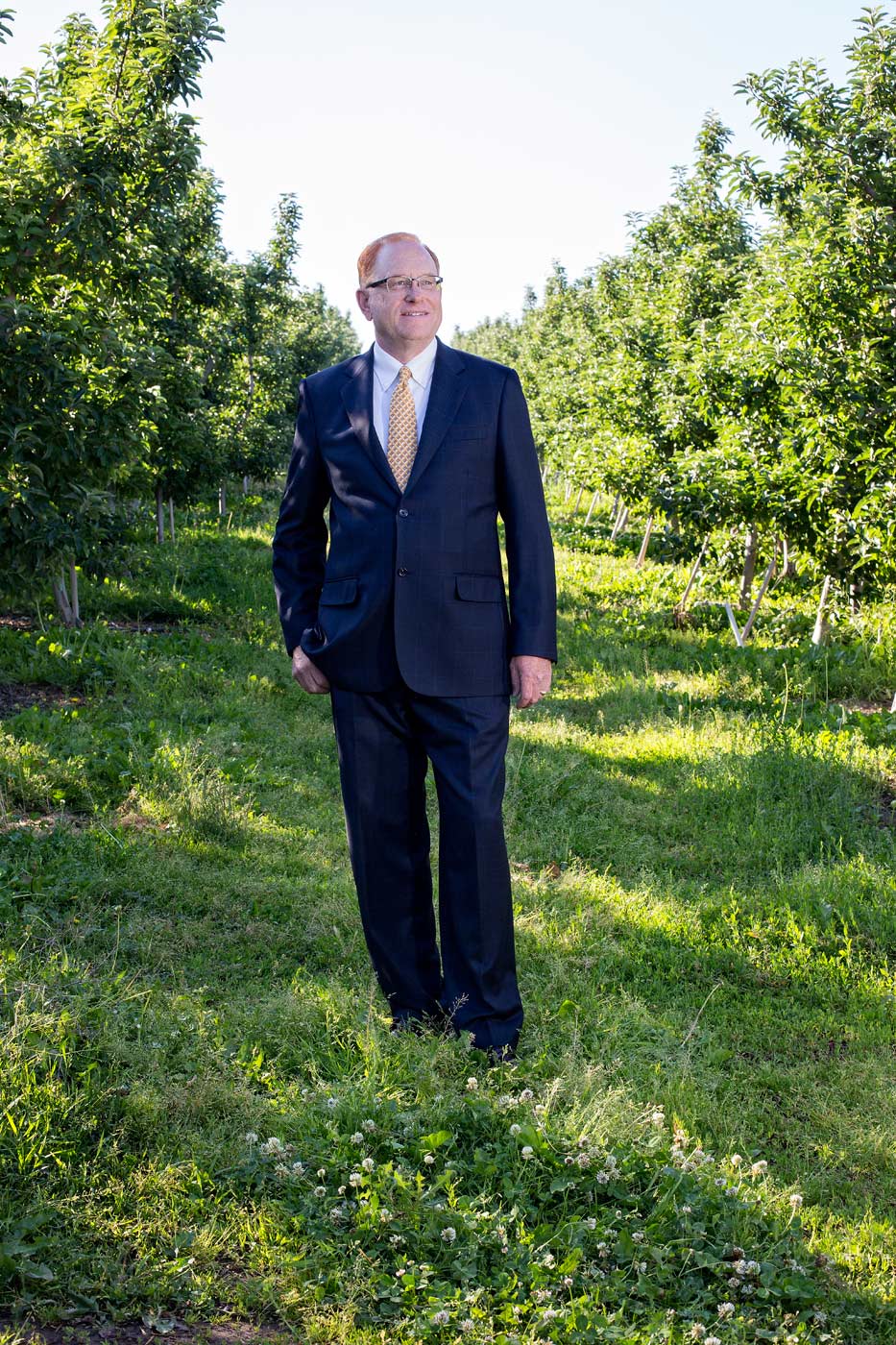
Mark Powers, president of the Northwest Horticultural Council. (TJ Mullinax/Good Fruit Grower)
Luckily, growers, packers and shippers have organizations to do much of that work for them. In the Pacific Northwest, the Northwest Horticultural Council is tasked with focusing on national and international issues affecting growers and shippers in Idaho, Oregon and Washington.
However, the council itself is in a period of change. With a new council president and two new staffers still to be hired, will the role of the Northwest Horticultural Council change in the months and years ahead?
The short answer is no, said Mark Powers, the group’s new president.
Since its inception, the organization has had just two presidents — Ernest Falk, who served from 1947 to 1980, and Christian Schlect, who helmed the group for 37 years until his retirement in April. Powers, who has been with the council since 1999, was promoted from vice president to succeed him.
The organization was founded to work on problems that are common to the tree fruit industry, whether it’s apples, pears or cherries, and to advance the goals and objectives of the industry.
Falk wrote the organization’s articles of incorporation back in 1947, Powers said.
“It’s amazing to me how relevant they remain today — negotiating trade agreements and exports, handling spray residue, general industrial problems, working with state, county, federal, international governments relating to laws and regulations,” he said. “We’re the intersection between government and industry, the private sector. That only appears to be growing, not diminishing, both in the U.S. and internationally.”
Board chairman George Allan of Allan Bros. in Naches, Washington, noted the increasing number of issues, including food safety and crisis management, which isn’t a big issue “until you have a crisis.”
“We’re also dealing with a completely different political environment, but that’s politics, right?” he said. “For everybody in the country, there are still a lot of unknowns.”
Domestic and international issues
In the U.S., availability of labor remains the council’s top priority on behalf of the industry, whether the issue is an H-2A hang-up that requires an emergency response or a new immigration rule or enforcement strategy.
The council will continue to work closely with national and state organizations, as well as federal agencies and members of Congress, to lobby on behalf of the industry and educate about the industry’s labor needs, Powers said.
“A lot of what we do in the advocacy world is to try and prevent bad things from happening,” he said. “Oftentimes, you have to assume good intentions on the part of people out there in government. Many of them simply do not understand agriculture. They do not understand labor-intensive agriculture, so you have to show them and teach them about what we need and the downside impacts of making changes that would hurt our ability to pick a crop.”
Already, President Donald Trump has signed a number of executive orders that could impact labor availability, such as the travel ban on immigrants from predominantly Muslim countries, as well as how immigration is viewed in the U.S. and how enforcement takes place.
As a result, Powers said, issues affecting labor availability are an area “requiring all hands on deck.”
Another key area of focus remains the rules and regulations related to implementation of the Food Safety Modernization Act, a huge area of work the council wasn’t doing just a decade ago. But already, the industry is light-years ahead of where it was two years ago, with huge investments being made by growers, packers and shippers, he said.
As companies increasingly hire their own food safety experts and as regulations get solidified and become part of the commercial environment — similar to how worker safety practices have become a regular part of doing business — that area of focus may gradually taper off, Powers said.
However, he noted, “we see very little that is taken off our plate of responsibility. Once a regulatory issue becomes an issue, it rarely, if ever, disappears,” he said. “Whether it’s plant, pest or disease issues, working with APHIS export issues, labor — all of that remains. Some become more relevant, more timely and require more emphasis.”
The council’s trustees also have said the organization needs to be more involved in the organic segment of the industry, and an organic subcommittee of industry members is aiding with advice.
“We produce probably 90-plus percent of the organic tree fruit in the U.S. partly because we have the climatic conditions that make it easier to do so,” he said. “We’re getting up to speed on that.”
The council also participates on a steering committee for the Specialty Crop Farm Bill Alliance as the reauthorization process of the next farm bill gets underway.
In the international arena, the tree fruit industry is trade-dependent, Powers said, and exports will continue to consume a significant chunk of staff time. Pest and disease issues are intertwined in the domestic and export world, which makes the council crucial in ensuring access to export markets while also ensuring growers are able to continue to use standard crop protection measures, such as pesticides and fungicides that come under federal review.
On the import side, only one issue currently demands attention: apple and pear access from the European Union. Poland tends to be the focus, Powers said, but the EU is trying to improve the access its members already have to the U.S. A final rule is in process.
Overall, the council had planned for its transition in leadership, and Powers said he’s exciting and honored to lead the organization he’s been with for 17 years. “I love this organization,” he said. “It’s a challenge, it’s exciting. It’s a great opportunity.” •
Affiliation in the works between two Northwest fruit industry organizations
The Northwest Horticultural Council is moving forward with plans to more closely affiliate with Northwest Fruit Exporters, pending federal approval.
The idea behind the move is to streamline and better coordinate policy and technical work of the industry by the two organizations, both of which handle foreign market issues and are based in Yakima, Washington, said council President Mark Powers.
The council focuses on national and international policy issues affecting growers and shippers in Washington, Oregon and Idaho, encompassing all manner of international trade barriers in all of the 50-plus countries the industry ships to.
These include food safety, pesticide minimum residue levels, crisis communication, phytosanitary barriers and labeling, among other things. NFE currently manages phytosanitary work plans for three crops exported to four countries: apples for Mexico, China and Japan, cherries for Japan, Australia and China and pears for China.
Over the past 15 years, the industry has seen a need for the missions of the two organizations to come together, so it has the “strength of one industry organization working as one voice,” said NFE board chairman Dave Martin, export sales manager for Stemilt Growers, who also serves on the council’s Export Trade Committee.
“This doesn’t necessarily accomplish that, but it gives us more ability to move as a team, “he said. “We have so many overlapping issues. They’re both working on trade issues in the same markets at the same time. We really just saw an overlap and an opportunity to save the industry some money and be more efficient and more joined together in what we do moving forward.”
Under the proposal, changes would be made to the bylaws of both organizations allowing the council to manage the NFE and the NFE to become a member of the council.
The proposal has been in the making for several months but has been stalled by a federal review of whether it would affect an NFE trade certificate that allows shippers to share export information.
Generally, though rare in the U.S., trade certificates are designed to protect an industry from damage lawsuits for actions that would otherwise be illegal under antitrust laws, such as setting strategies for overseas pricing. Strategizing prices domestically remains illegal.
The certificate, viewed as more of an added “insurance policy,” has been employed in the past, most notably in the anti-dumping cases filed against the U.S. apple industry by Mexico beginning in 1996, NFE manager Fred Scarlett said. Both organizations see the value in NFE maintaining it, he said.
In order to maintain NFE’s trade certificate, the administrative changes being proposed require approval from the federal departments of Commerce and Justice. A decision was pending at Good Fruit Grower’s press time in mid July. The NFE board also is slated to vote on the proposal at a meeting this fall.
In addition, the council still has two open positions to be filled — a vice president of scientific affairs to succeed Mike Willett, who now heads the Washington Tree Fruit Research Commission, and a technical issues manager to succeed Laura Grunenfelder, who left in April for the Food and Drug Administration.
– by Shannon Dininny

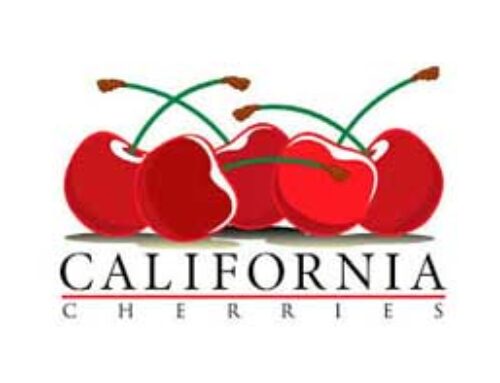
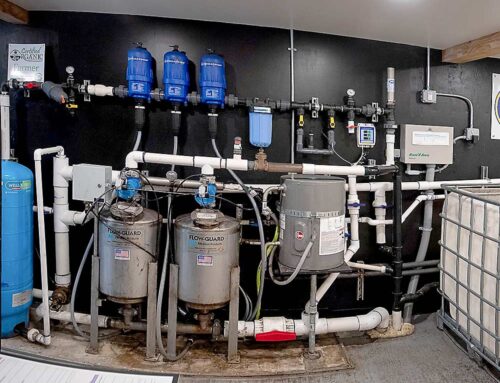
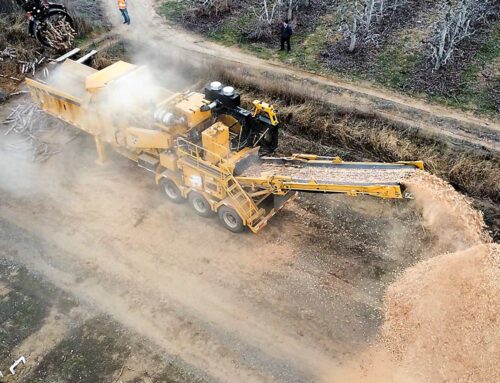
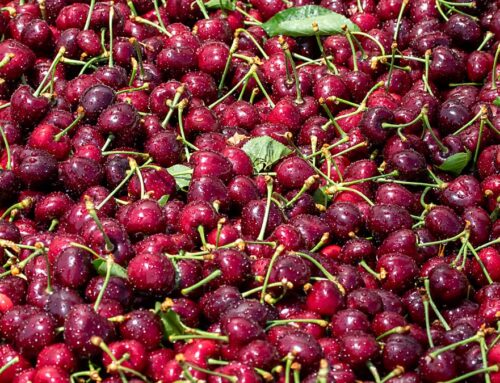
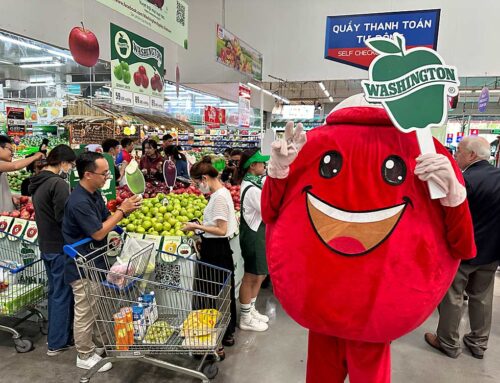
Leave A Comment